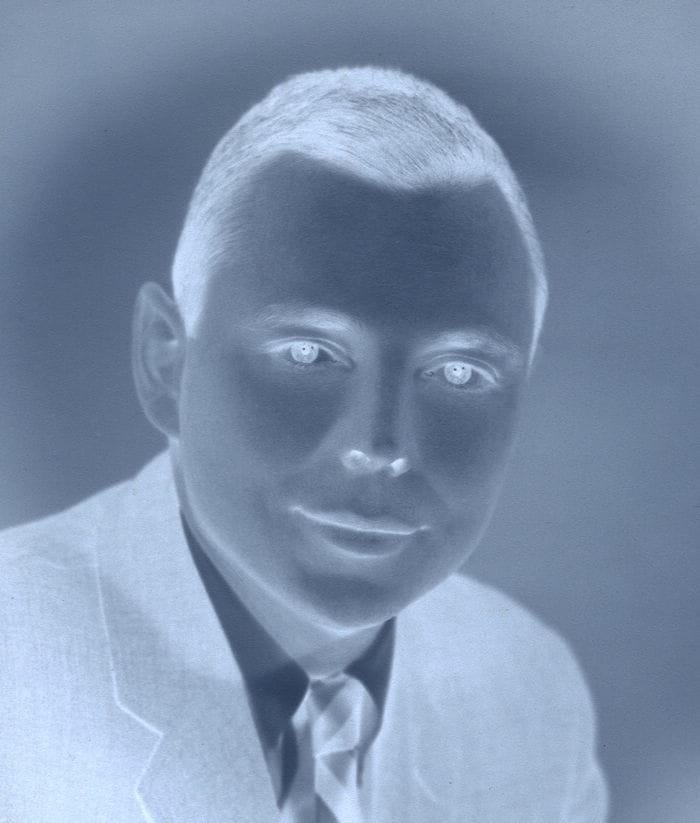First, Don't be Stupid
Charlie Munger was a self made man, and a billionaire who spent his lifetime thinking about thinking.

One of his influences was the mathematician Carl Gustav Jacob Jacobi, who was famous for saying, "invert, always invert!" Jacobi offered this advice to anyone seeking inspiration and perspective while they wrestled with hard mathematical problems or technical designs. Jacobi observed that when people worked a problem backwards, or even flipped their goals upside down, they quickly gained insight on what to do and how to proceed.
Charlie Munger took Jacobi's inversion advice and adapted it to success in investment. He flipped the question of "What actions must be taken to lead to success?", to "What actions must be avoided to prevent failure?" Then he condensed this notion into, "first, don't be stupid."
But recognizing our own stupidity isn't trivial; we often hide it from ourselves. It is a painfully private matter. We all have our blind spots, compulsions, or strange and quiet self-destructive behaviors. We can identify these patterns, but we're not eager to consciously acknowledge them. Much like suffering, stupidity is linked with cognition, so the smarter you are the greater your capacity to be stupid.
Charlie held strong opinions on how to look for stupidity. He considered a person exceptionally stupid if they only learned from their mistakes. He observed that there wasn't that much experience in a single lifetime, so we should live as others too, by reading about their lives; live as them without the downside of their defeat.
When reading about other people, he advised to pay particular attention to what not to do; to play the detective and discern the subtleties of another's folly. Spot it, understand it, empathize with why it happened, mentally absorb the pain of the lesson, and then learn to avoid it.
But people are generally reluctant to broadcast their own stupidity. They prefer authoring narratives that showcase their brilliance, attributing any misfortune they've encountered to other people and external factors. Uncovering their stupidity requires a discerning eye; it may be disguised within a bad habit, a vice, or an addiction to information. It might stem from a sense of learned helplessness or be hinted at in whispered gossip. In your search for these nuggets of folly—this mining for nuclear waste —bear in mind the goal is enlightenment and gratitude, not self-righteousness. If you laugh at them, think of it as laughing at yourself; and remember, they did it, so you don't have to do it.
And you don't have to enumerate all of the ways you could be stupid before you use Charlie's technique. Just think of a few things, or one main thing. Try it on, see if you can avoid being stupid even for one day.
The genius of this approach is that you don't have to be a genius at all. You get great results because of an equivalency. The smart moves move you toward success and the bad moves, move you away from it. It's really hard to be smart, but it's easy to avoid being stupid, once you understand what that is.